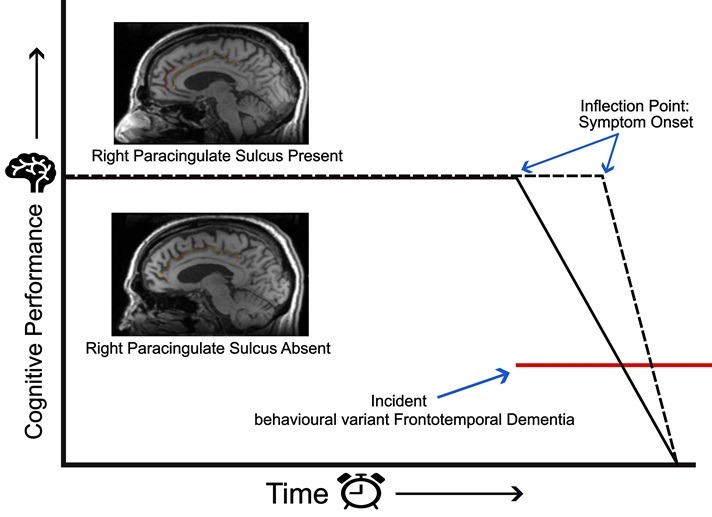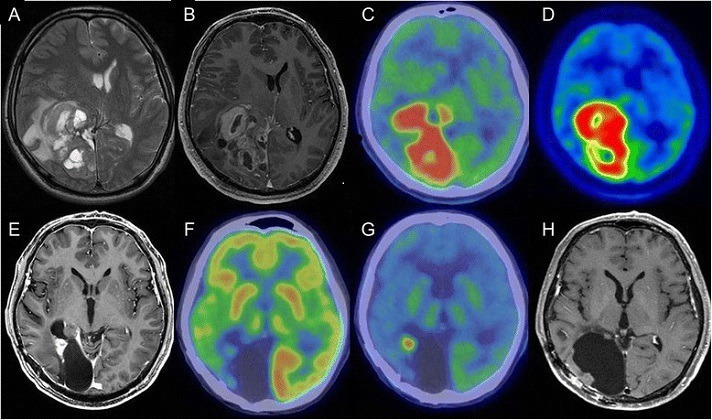Posts Tagged ‘frontotemporal dementia’
Lifestyle Matters: Let’s optimize cognition, health and life in 2024
Welcome to a new edition of SharpBrains e‑newsletter, featuring fascinating research findings on lifestyle, protective brain structures, Internet access, mental health, brain imaging, and more. #1. Lifestyle matters: What we can do in 2024 to optimize cognition and life, delaying cognitive problems even dementia “Actor Chris Hemsworth…watched his grandfather live with Alzheimer’s and is making lifestyle…
Read MoreStudy identifies protective brain structure that delays the onset of frontotemporal dementia symptoms over 2 years
Few people had probably heard of frontotemporal dementia until earlier this year, when the family of actor Bruce Willis announced the 68-year-old had been diagnosed with the condition. Frontotemporal dementia is a rare disease – thought to account for only one in every 20 cases of dementia. Symptoms usually develop in a person’s late 50s,…
Read MoreDeep learning model built on neuroimaging data identifies “Brain Age Gaps” as markers of Alzheimer’s disease (AD)
Brain Age Gap is a Composite Biomarker for Dementia Pathology or Severity (GEN): Mayo Clinic scientists have developed a computational model that predicts brain age using a large collection of neuroimaging data obtained using FDG-PET (fluorodeoxyglucose positron emission tomography) and structural MRI (magnetic resonance imaging). The deep learning-based model tests the relationship between brain age…
Read More


